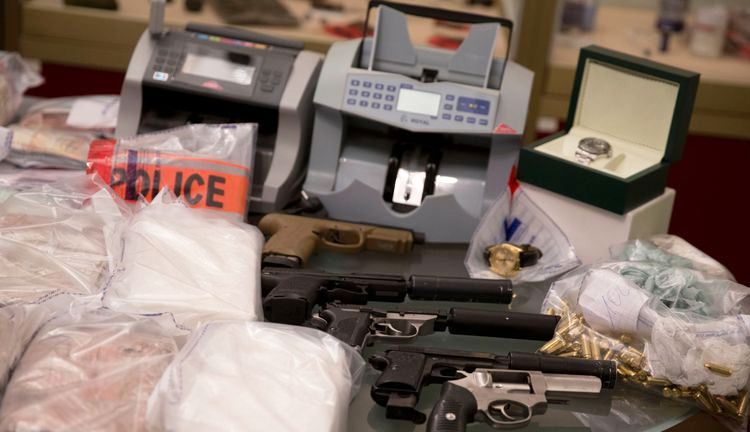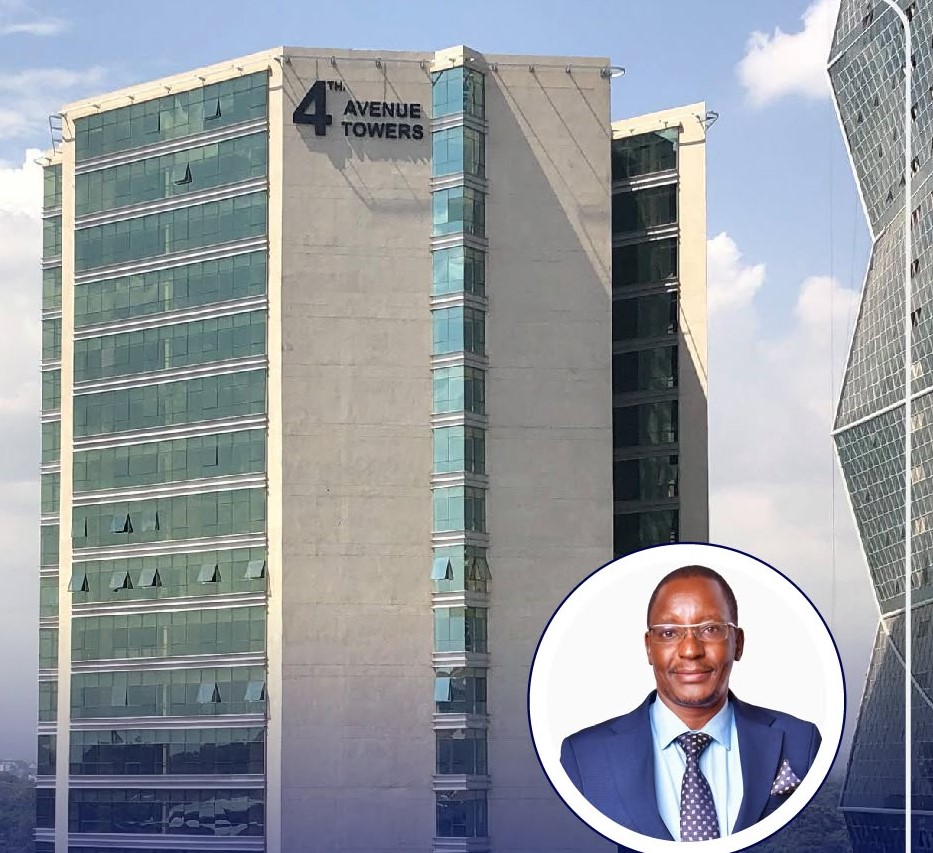The Global Organised Crime Index paints a picture of a country captured by corruption, where state institutions, law enforcement, and private-sector players are entangled in the very networks they are meant to dismantle. “Kenya’s crisis is no longer limited to crime, it is a crisis of governance,” one analyst quoted in the report observed. “The line between legitimate authority and criminal enterprise has become dangerously blurred.”
By The Weekly Vision Reporter
Kenya has been ranked as the epicentre of organised crime in East Africa, a worrying distinction that places the country among the world’s most criminally entrenched nations, according to the Global Organised Crime Index 2024.
The report, published by the Global Initiative Against Transnational Organised Crime (GI-TOC), shows that Kenya’s criminal landscape has deteriorated sharply over the past five years. The country now trails only the Democratic Republic of Congo (DRC), Nigeria, and the Central African Republic on the African continent.
Globally, Kenya stands at position eleven out of 193 countries, climbing five places since 2021, a steep and alarming rise that underscores the gravity of the crisis.
The index measured 15 criminal categories, and Kenya scored above six out of ten in all, from human trafficking and narcotics trade to financial crimes and environmental offences.
Human trafficking and smuggling have surged to record levels, with Nairobi and Mombasa identified as the main hubs. The report exposes how corrupt law enforcement officials and private-sector accomplices facilitate the fraudulent documentation of victims, enabling cross-border trafficking rings that thrive on exploitation and extortion.
Economic hardships, porous borders, and conflicts in neighbouring states have fuelled demand for smuggling routes, transforming Kenya into both a transit corridor and destination for migrants fleeing turmoil across the region.
Extortion rackets are pervasive. The report cites criminal groups, including the notorious ‘Matatu Mafia’ and vigilante gangs, which collaborate with state officials to kidnap, intimidate, and extract payments from victims.
In major cities, gangs control sectors such as transport, waste management, and informal security, imposing illegal levies and “protection” fees. Some vigilante groups have evolved into sophisticated extortion networks that first create insecurity and then sell safety at a price.
The proliferation of illicit firearms, driven by corruption and political manipulation, has compounded Kenya’s insecurity. The report warns that armed groups, both local and foreign, are fuelling violence in northern Kenya and urban settlements.
Kenya is also a transit point for arms shipments destined for conflict zones such as Sudan, with the Port of Mombasa cited as a major conduit.
The nexus between organised crime and political power is especially evident in the drug trade. Mombasa is a recognised entry point for heroin from Afghanistan, while cocaine from Latin America is trafficked through sea and air routes. The trade is enabled by well-connected criminal networks, some allegedly linked to senior officials.
Despite periodic crackdowns and high-profile arrests, the report notes that the drug economy continues to flourish, driven by strong local demand and systemic corruption.
Another shocking revelation is that one in every five goods sold in Kenya is counterfeit, from alcohol and medicines to electronics. This counterfeit economy, worth billions, is enabled by bribery within enforcement agencies, undermining legitimate commerce and endangering public health.
Illicit trade in excisable goods such as tobacco and alcohol remains rampant in Nairobi and Mombasa. The report attributes this to tax hikes and regulatory loopholes, which criminal networks exploit to smuggle untaxed products across the region.
Following President William Ruto’s decision to lift the logging ban in the Mau Forest, flora crimes have intensified. Illegal logging and trafficking of sandalwood and timber are on the rise, often involving collusion between mafia-style cartels and complicit officials.
Meanwhile, wildlife trafficking continues unabated. Kenya remains a key transit hub for ivory and other wildlife products destined for Asian markets. Profits from the trade, the report warns, are fuelling organised crime networks that threaten both biodiversity and national security.
The Global Organised Crime Index paints a picture of a country captured by corruption, where state institutions, law enforcement, and private-sector players are entangled in the very networks they are meant to dismantle. “Kenya’s crisis is no longer limited to crime, it is a crisis of governance,” one analyst quoted in the report observed. “The line between legitimate authority and criminal enterprise has become dangerously blurred.”
As Kenya rises in the global ranks of organised criminality, the call for reform has never been more urgent. Experts are urging the government to prioritise anti-corruption reforms, cross-border intelligence cooperation, and a comprehensive review of the criminal justice system.
Without decisive intervention, the report warns, Kenya risks becoming not just a hub, but a heartland of organised crime in Africa.





